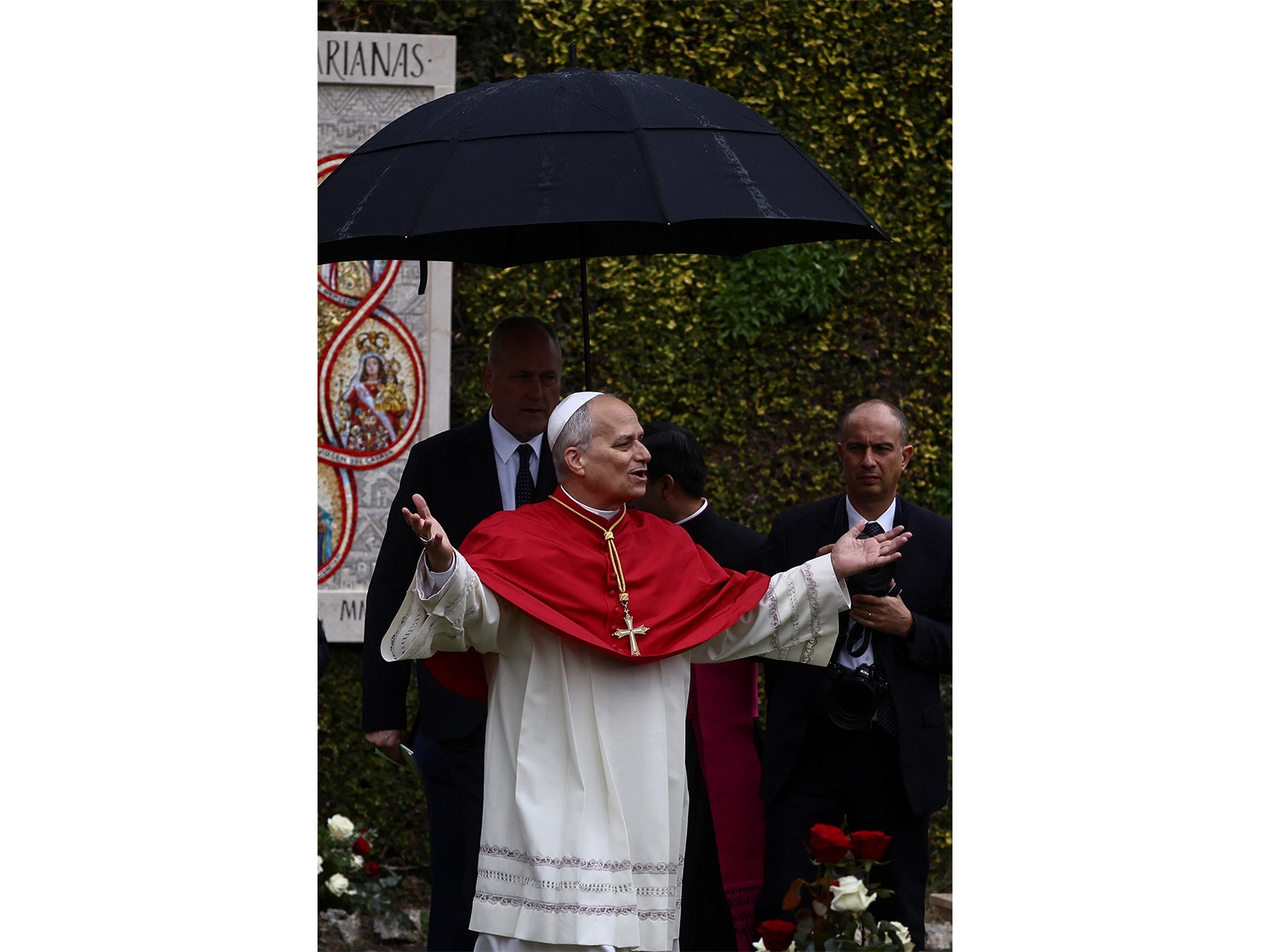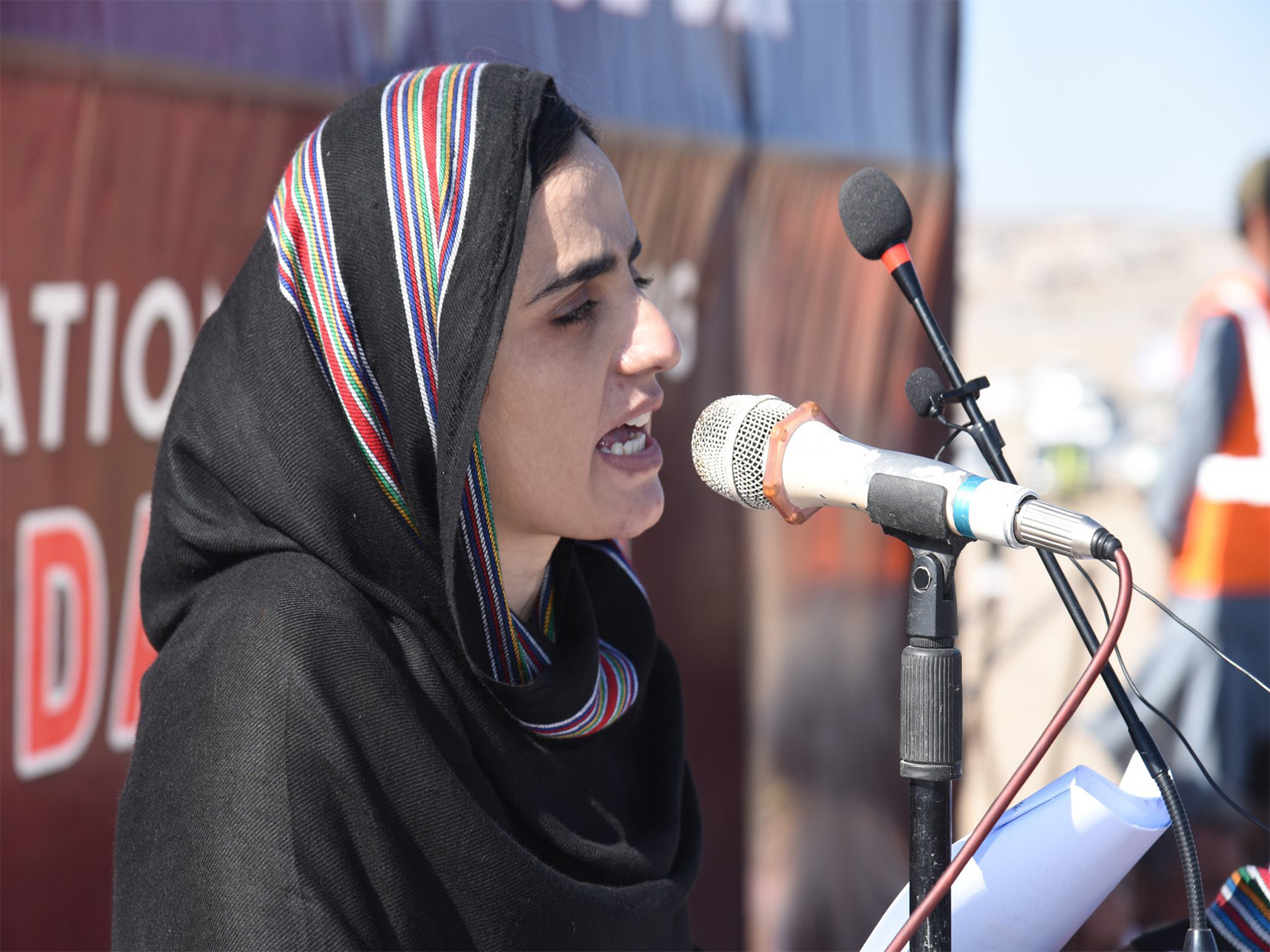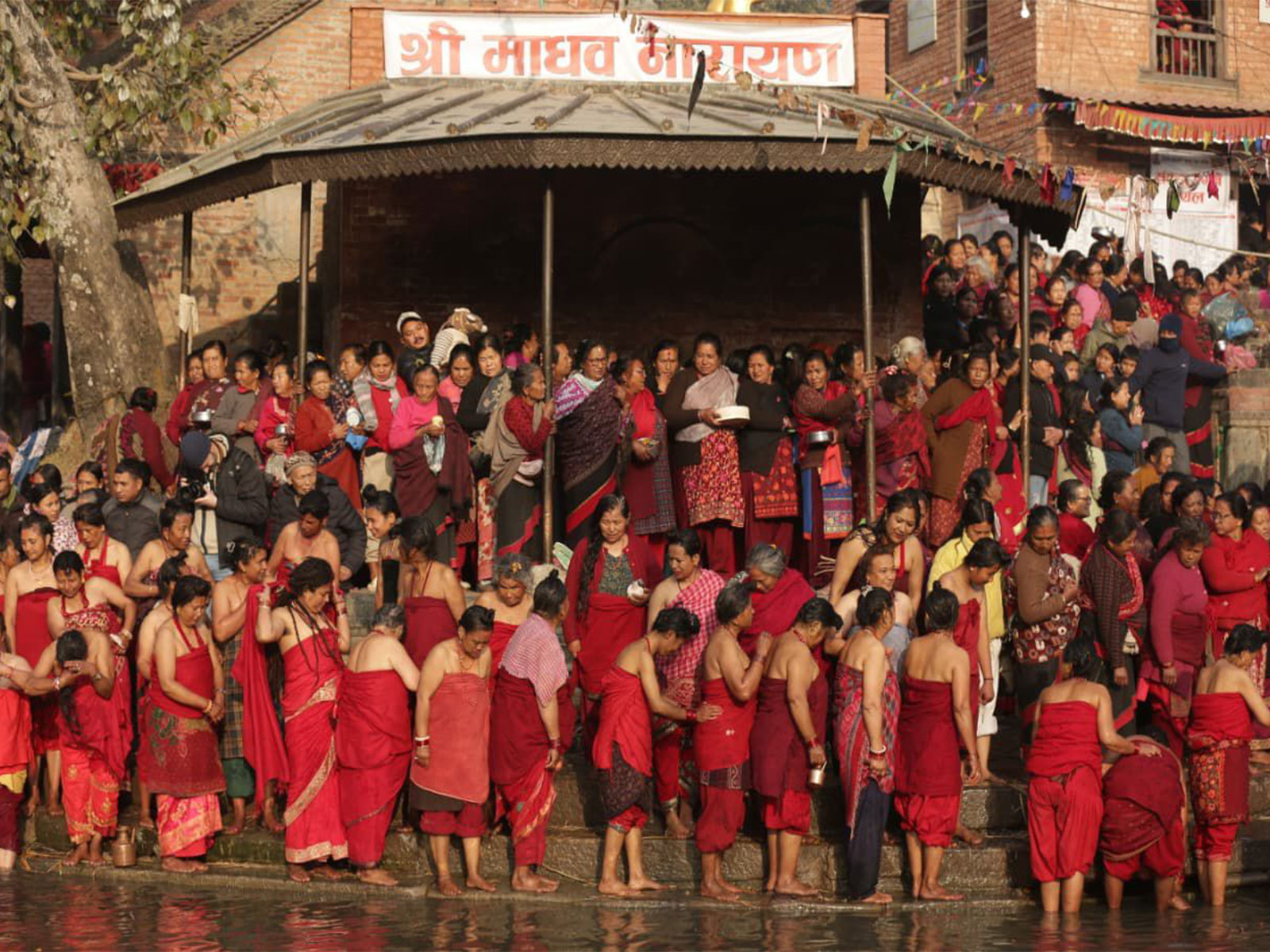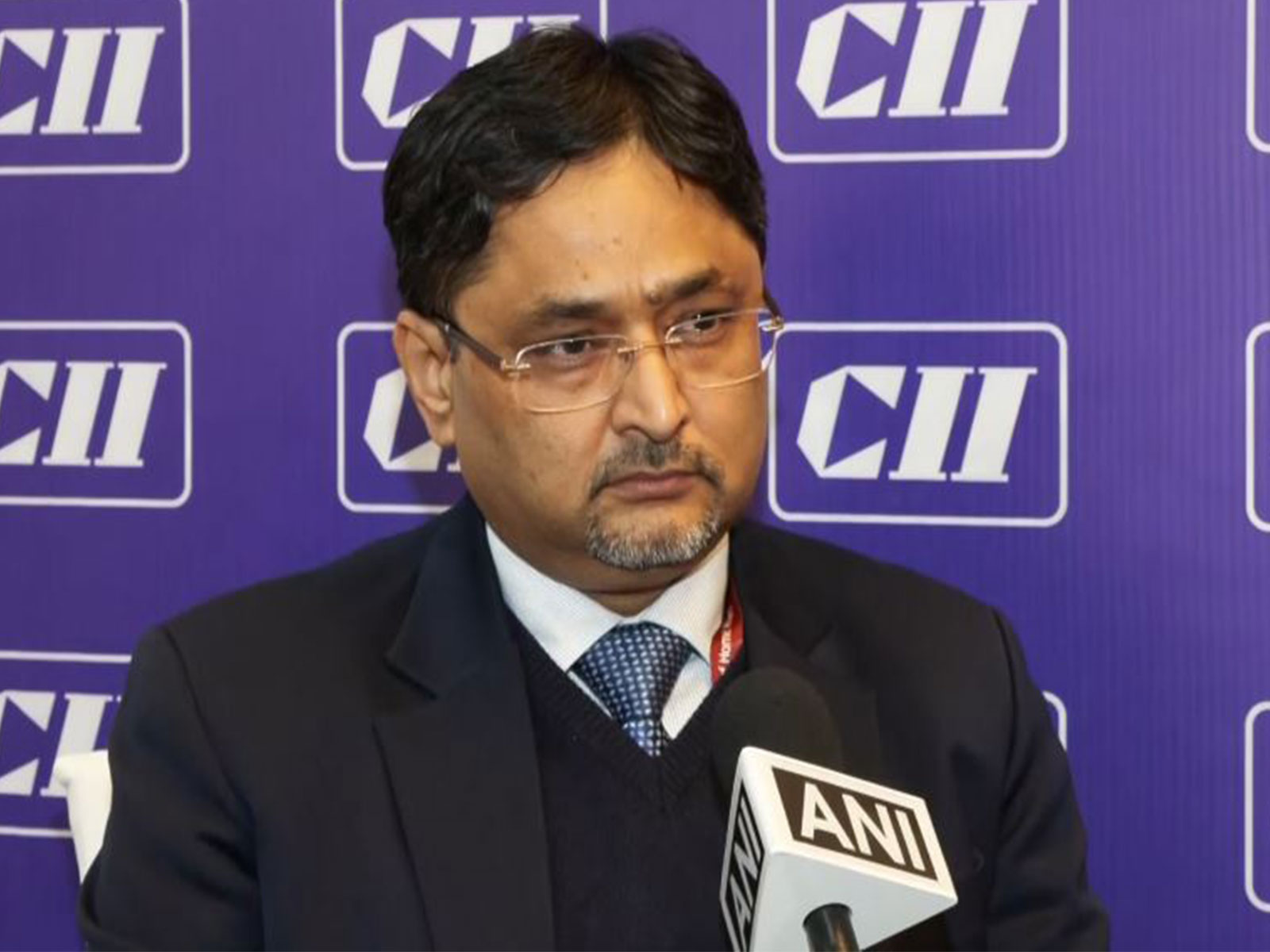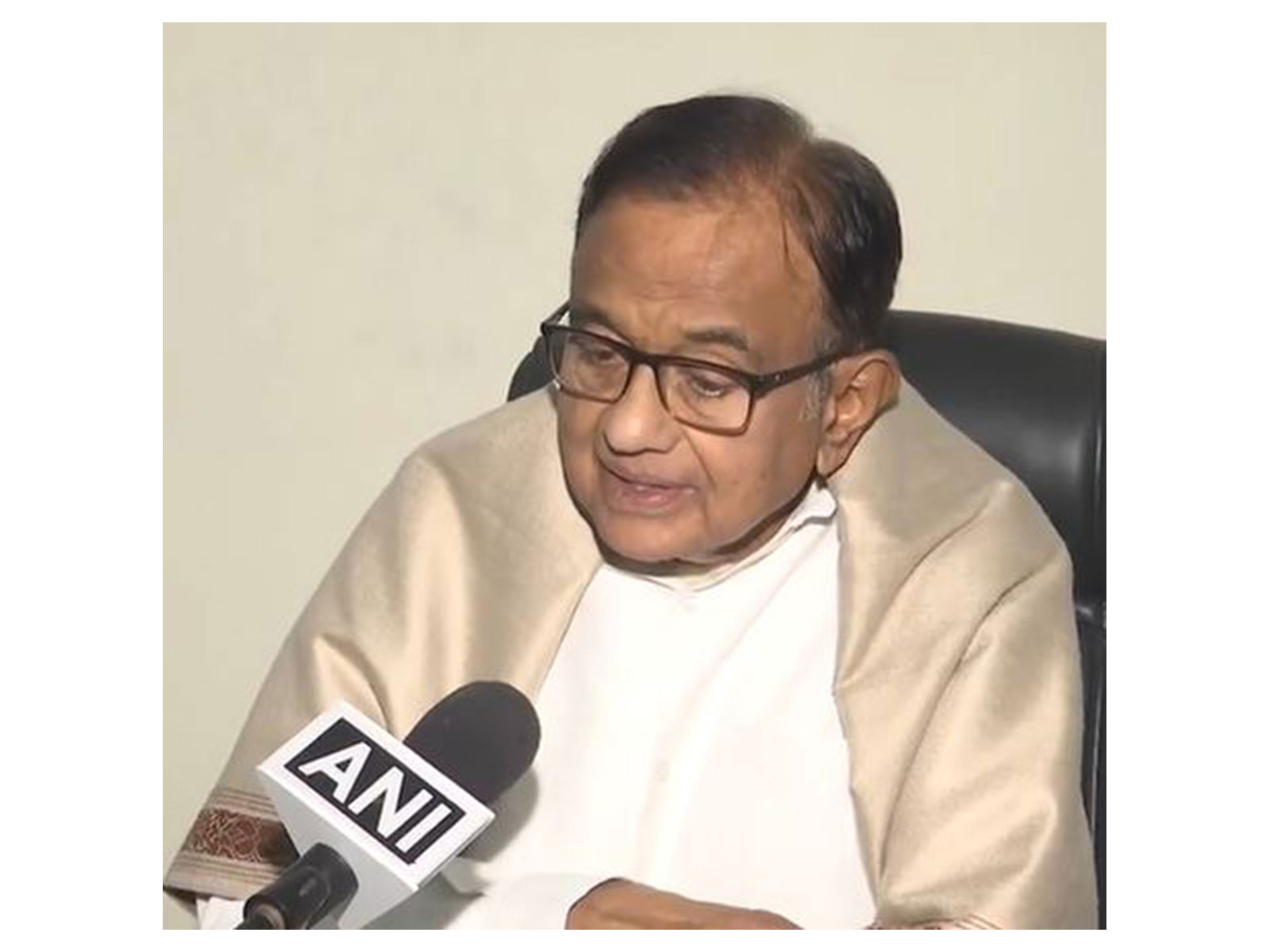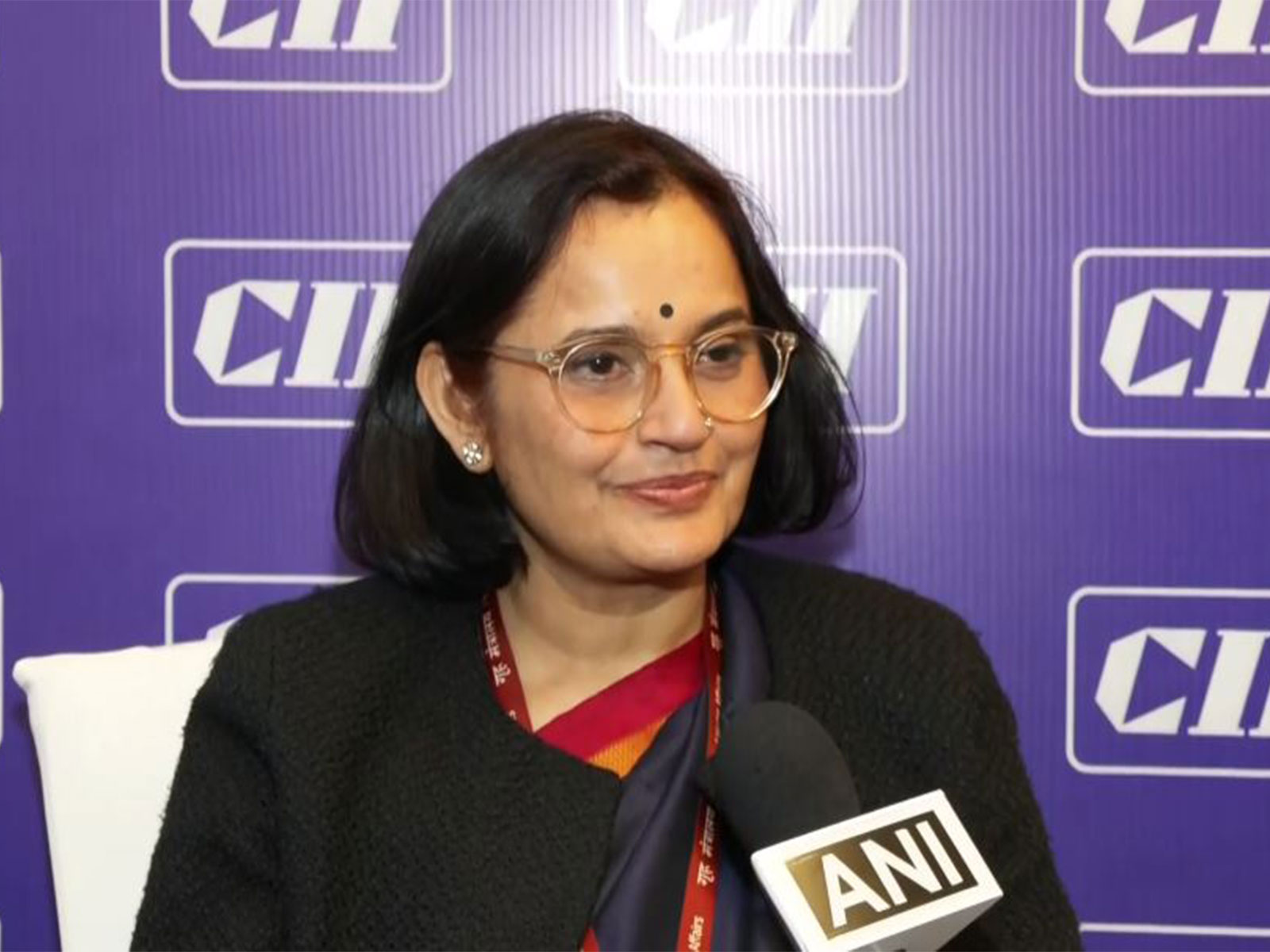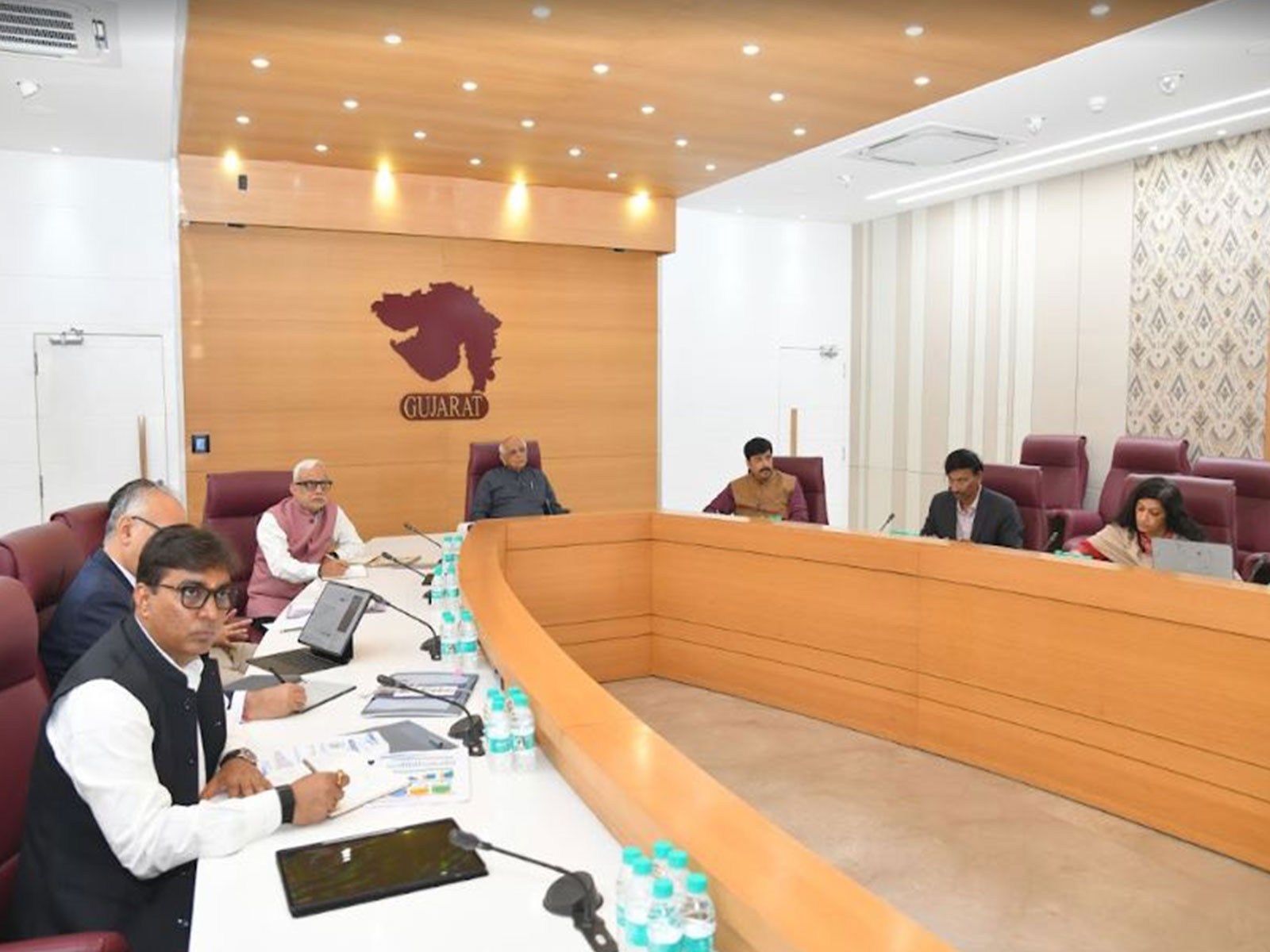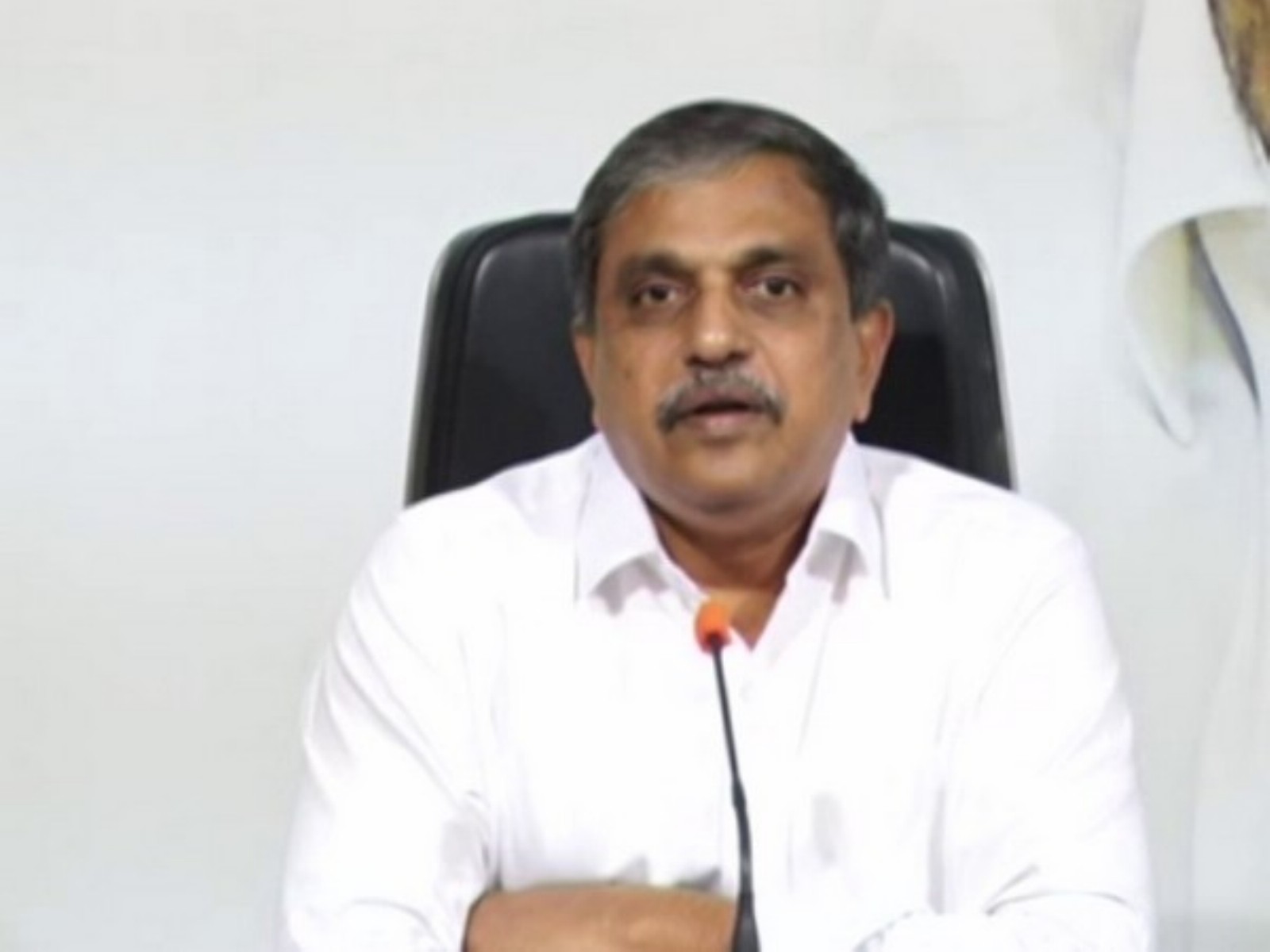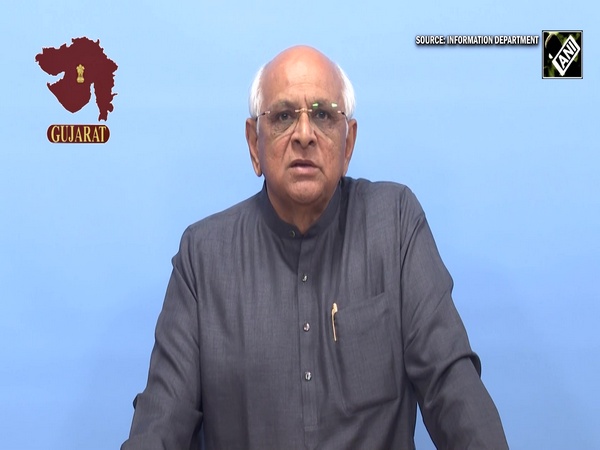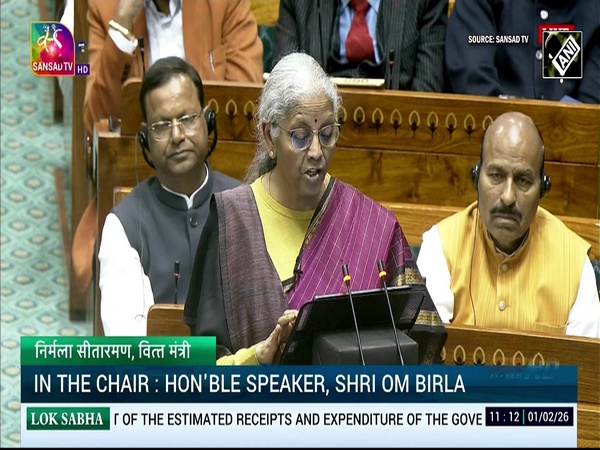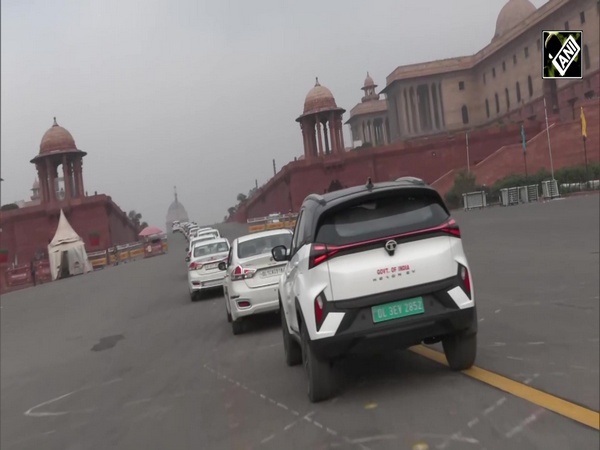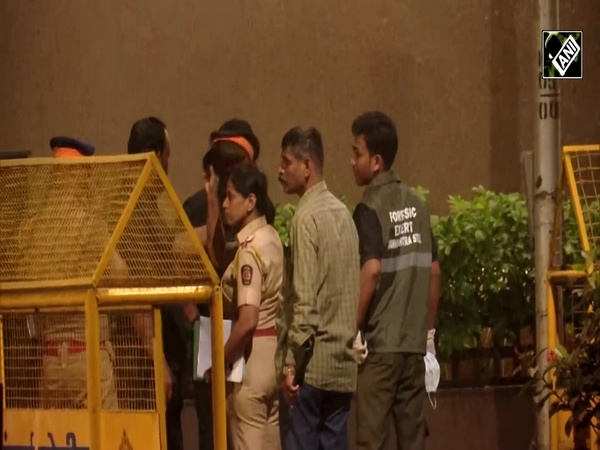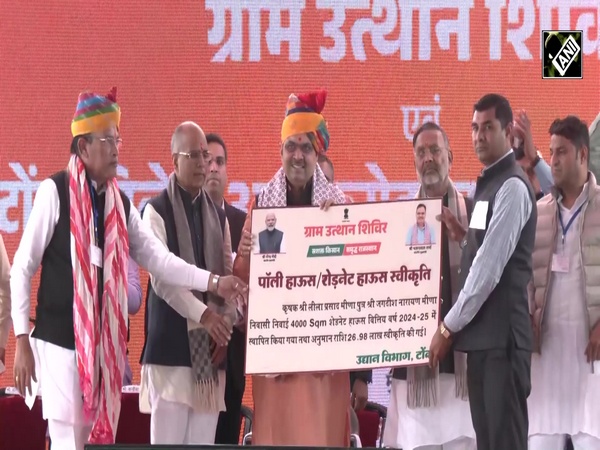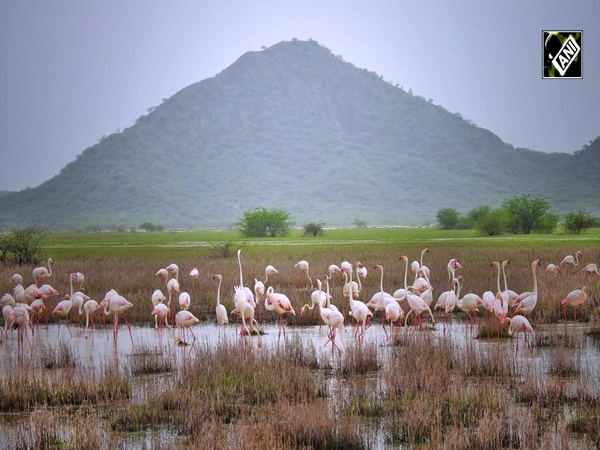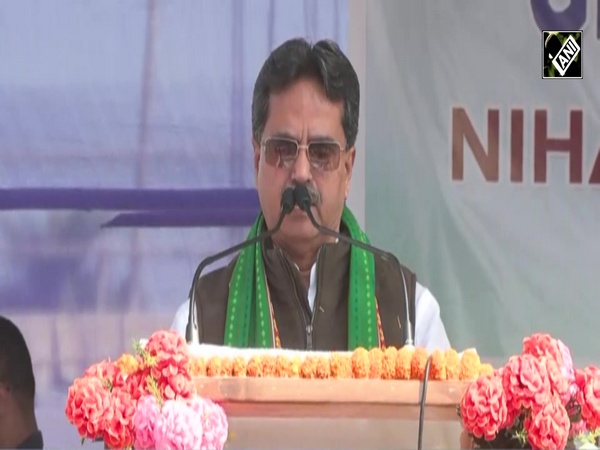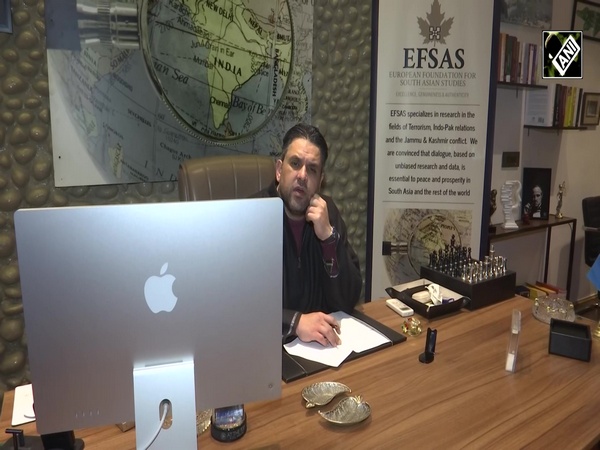PoJK residents demand urgent reforms amidst poor educational infrastructure
Sep 19, 2024

Muzaffarabad [PoJK], September 19 : The educational scenario in Pakistan-occupied Jammu and Kashmir (POJK) highlights the region's ongoing neglect, with many locals expressing frustration over the government's failure to implement effective reforms.
Schools often lack basic facilities and resources, leading to subpar educational outcomes. Parents and students alike lament the insufficient investment in public education, leaving them with few viable options.
This neglect not only hinders individual growth but also stifles the overall development of the community, prompting calls for urgent government intervention to address these critical issues.
While expressing his frustration against the PoJK administration for underdevelopment of educational infrastructure a resident of POJK lamented, "The educational infrastructure in Pakistan-occupied Jammu and Kashmir is in a state of disrepair, leaving residents feeling deprived and frustrated. Poor schools, limited job opportunities, and high education costs have exacerbated the situation. Parents are forced to make significant financial sacrifices to afford private schools, which have become lucrative businesses."
The resident said that after completing education, people struggle with unemployment.
He stated, "However, even after completing their education, many young people struggle to find employment. Local residents are dismayed by the government's inaction in addressing these issues. Corruption, inadequate facilities, teacher shortages, and a lack of job prospects have fuelled a sense of despair among the youth."
He said that PoJK residents yearn for better administration.
He added, "For years, residents of POJK have yearned for a better administration that prioritizes their development. However, the reality on the ground suggests that their concerns and aspirations are largely ignored."
There is considerable dissatisfaction among POJK residents due to what they perceive as neglect from both local and national authorities. Critics argue that both the POJK government and Islamabad are more focused on political strategies and election campaigns rather than addressing urgent development issues. This perceived neglect exacerbates existing problems and deepens the frustration of the people.
POJK grapples with a complex mix of historical issues, administrative difficulties, and socio-economic challenges that impact its current conditions. The region's intricate political status and governance problems continue to hinder its development and affect the quality of life for its residents.
